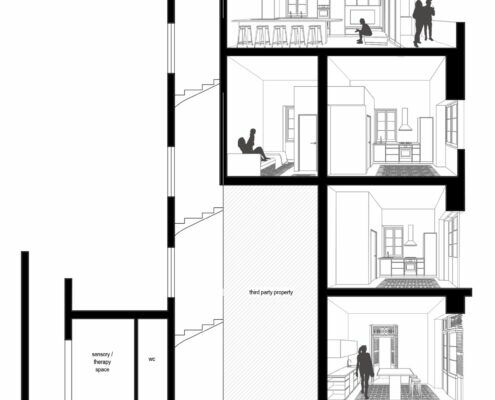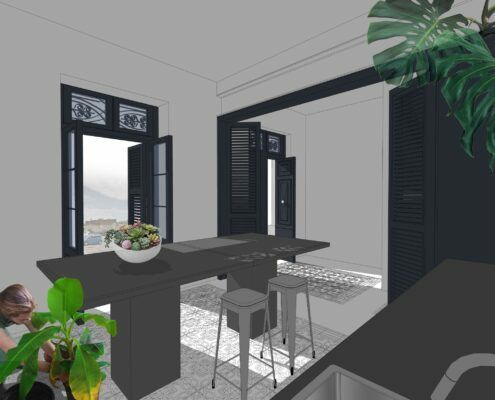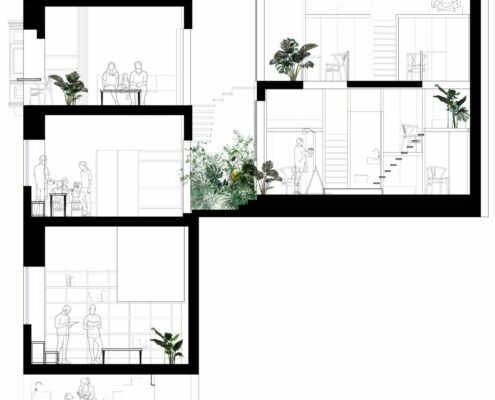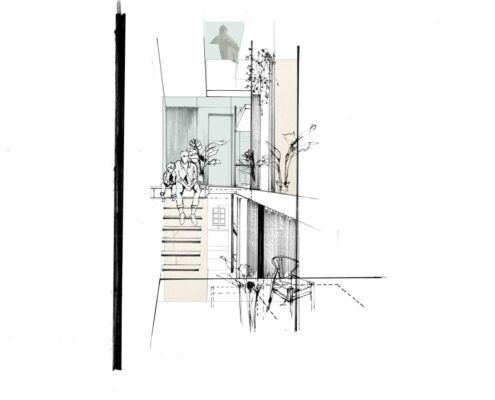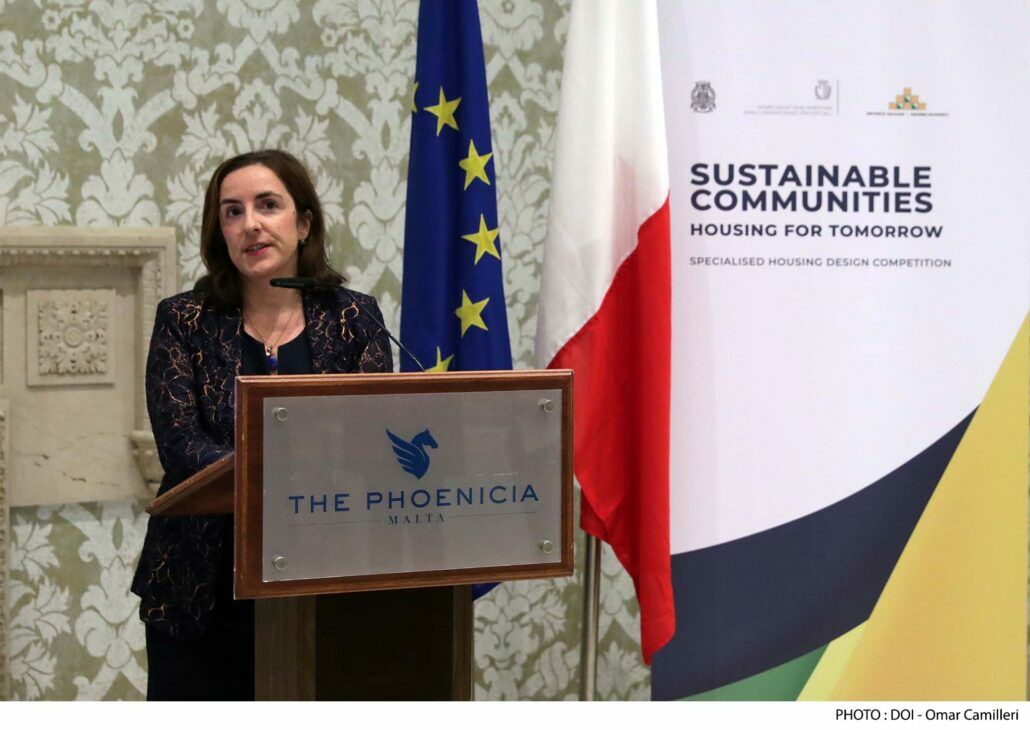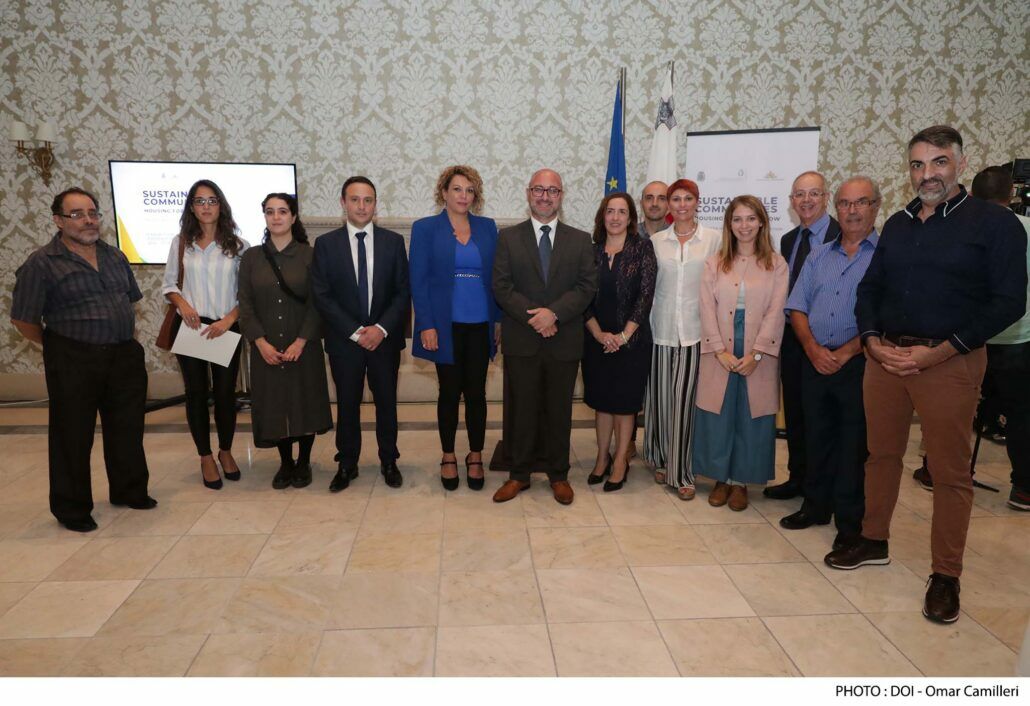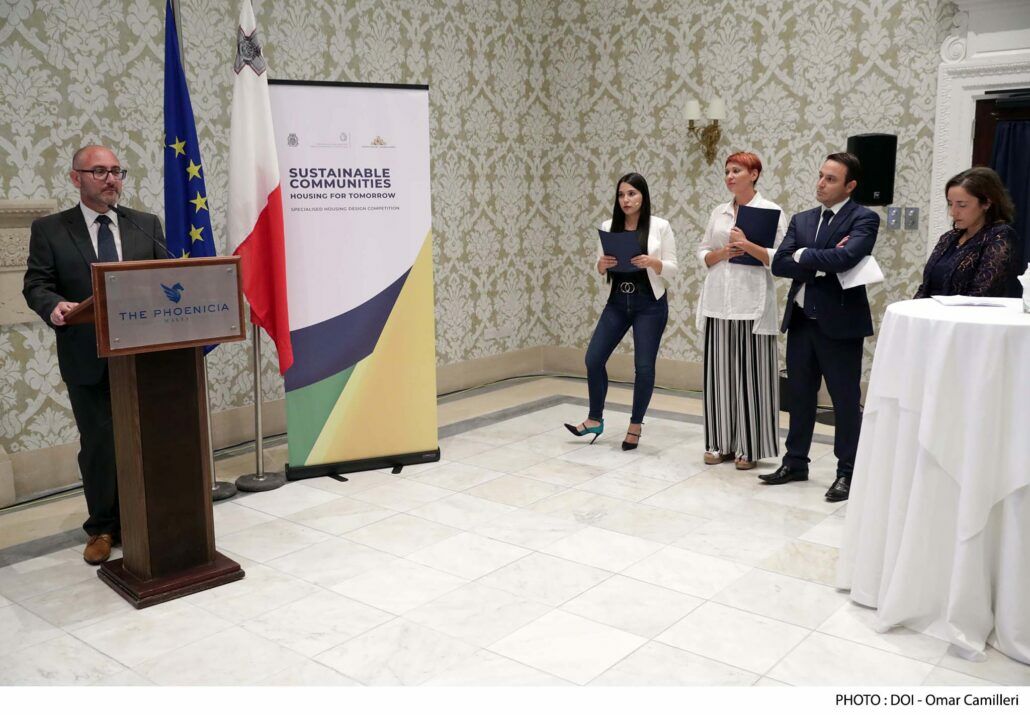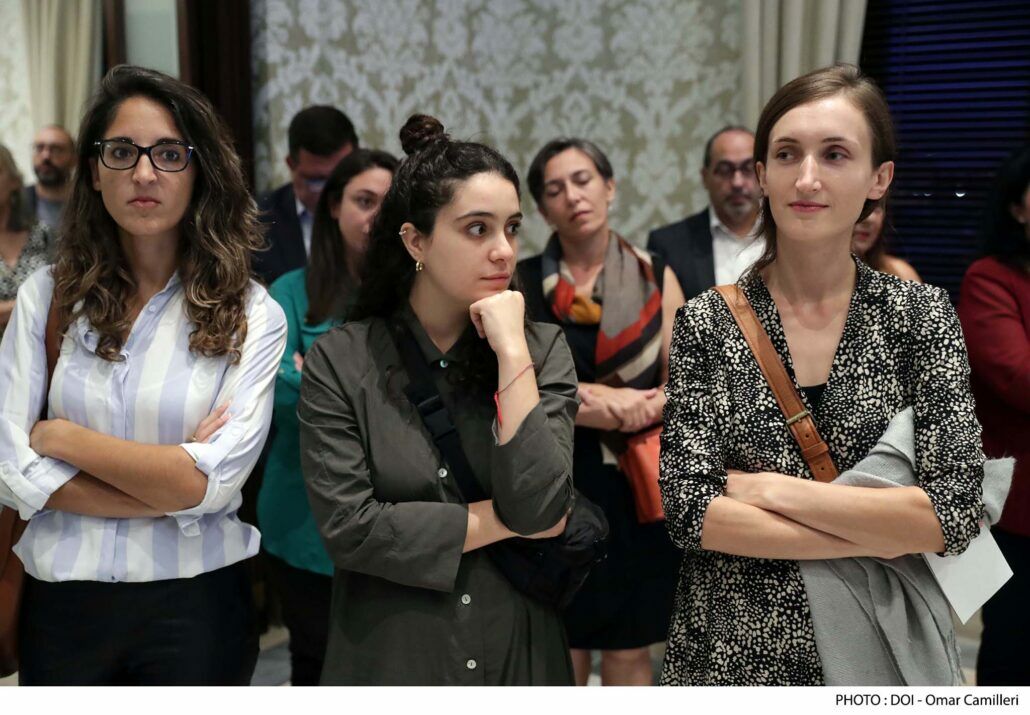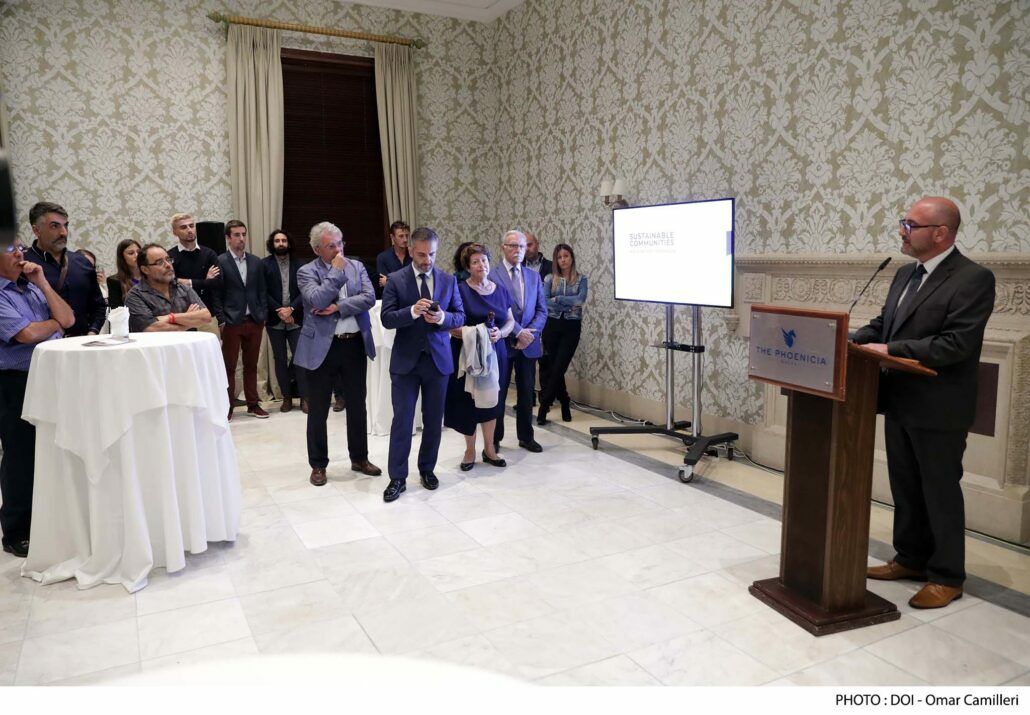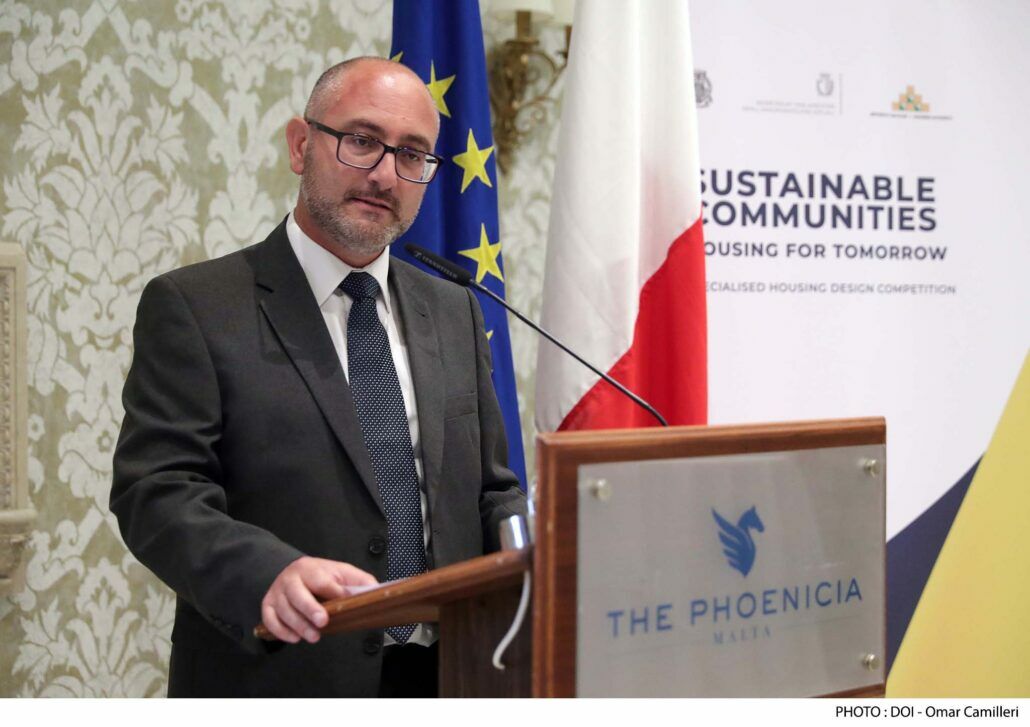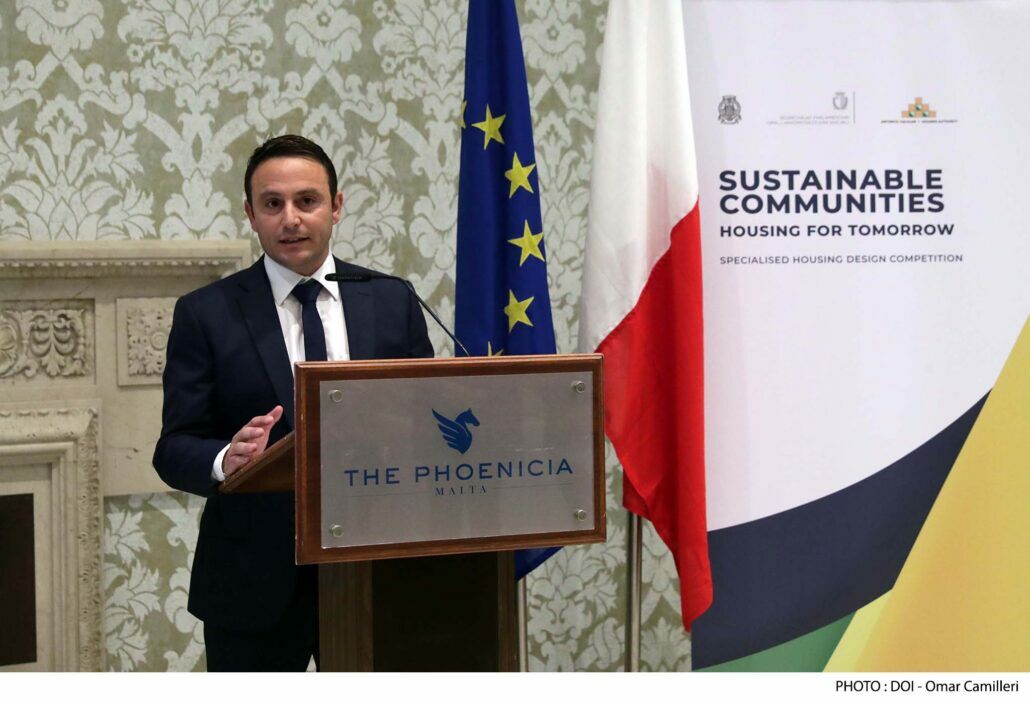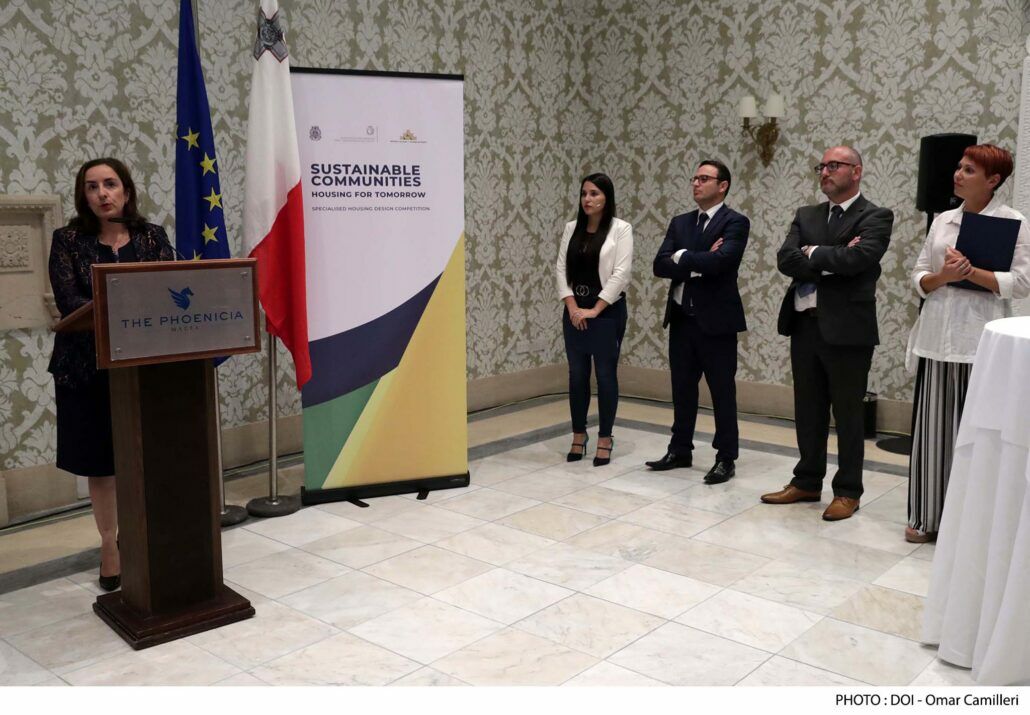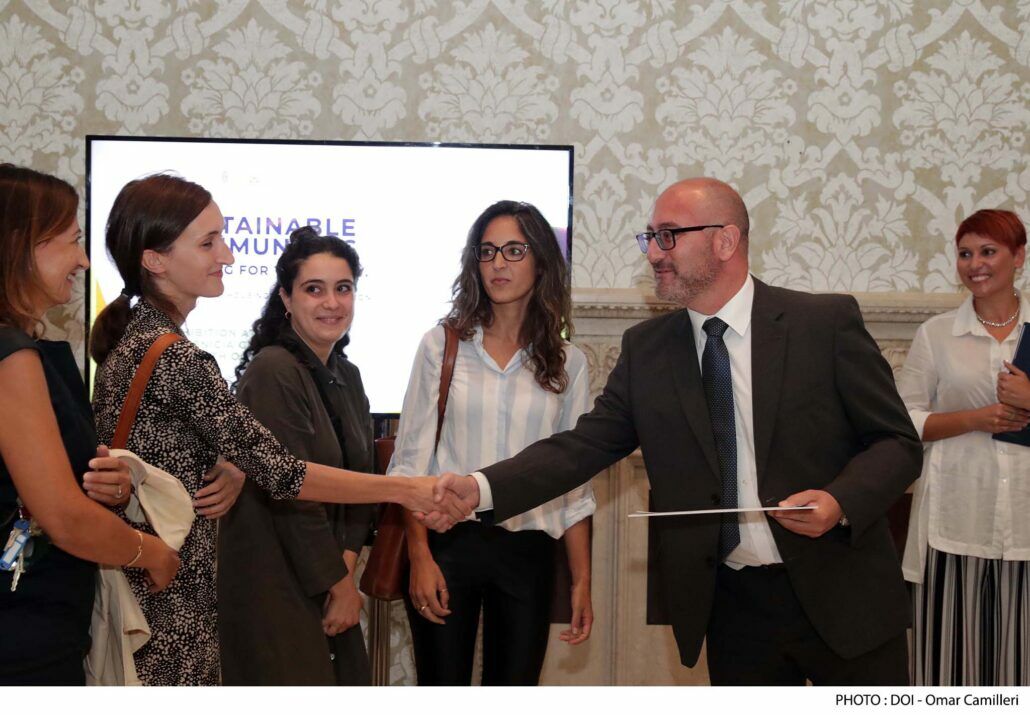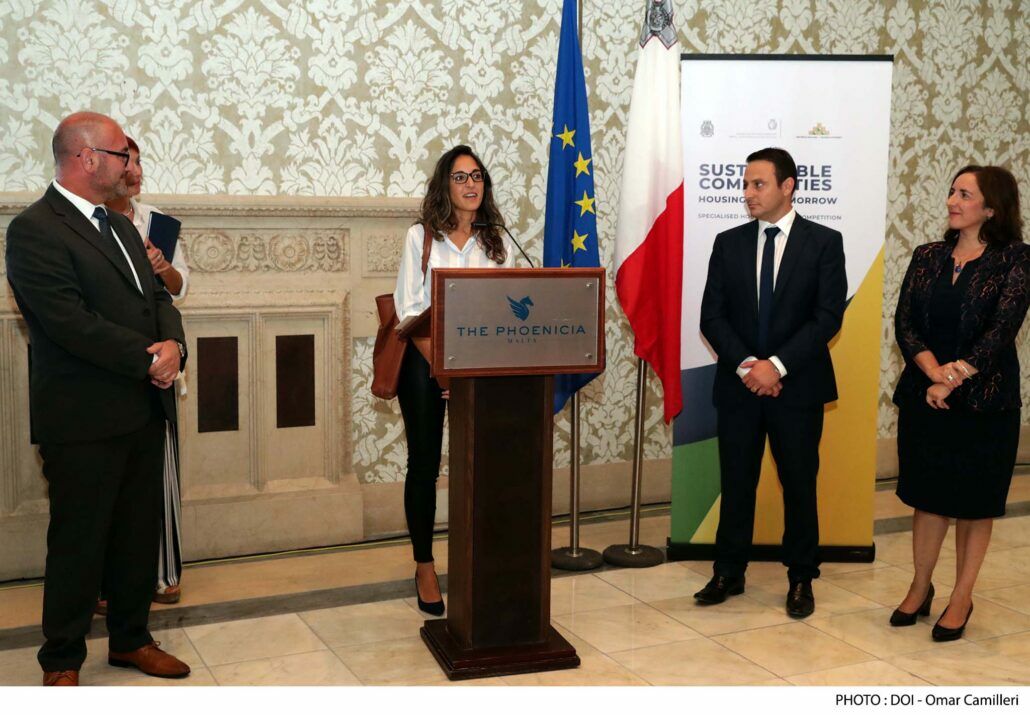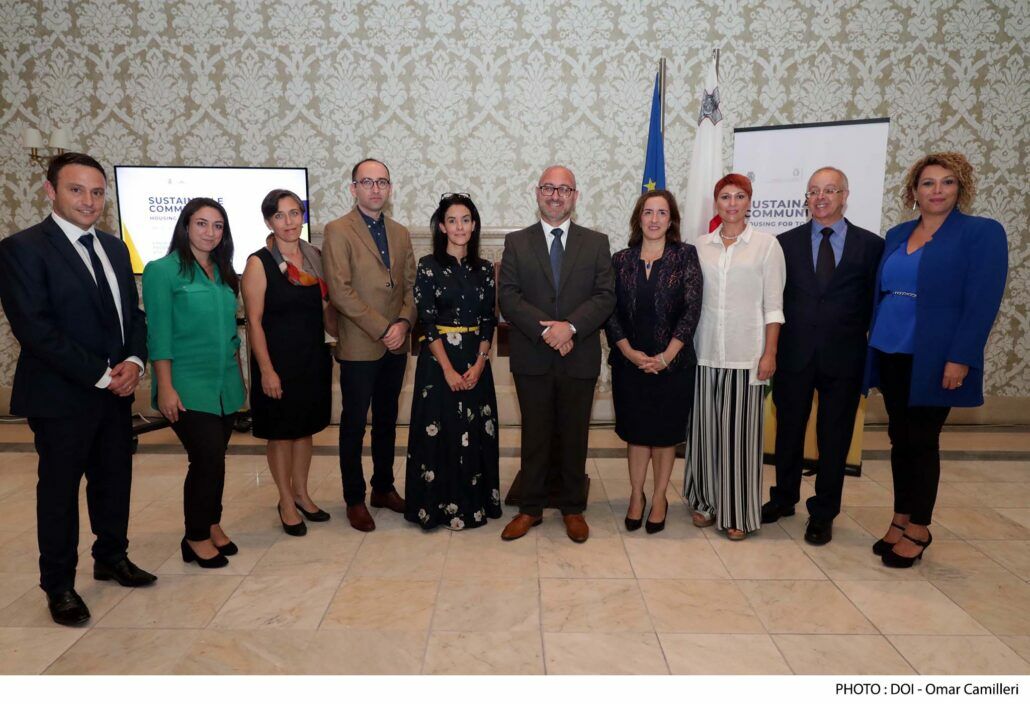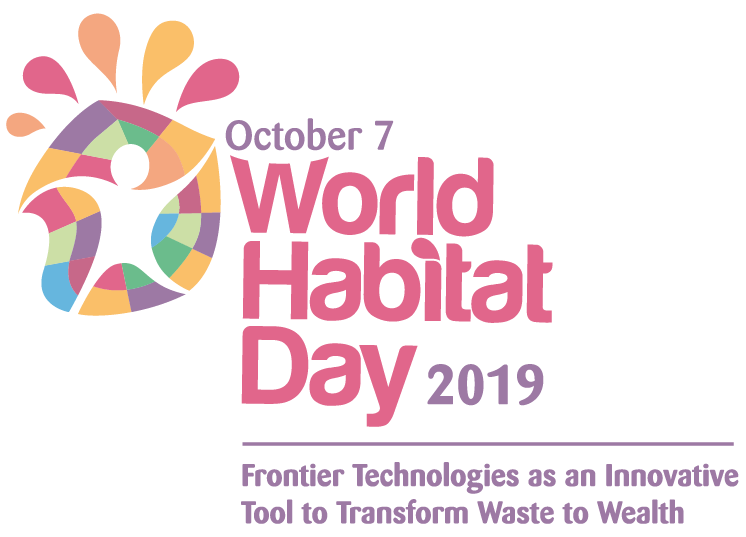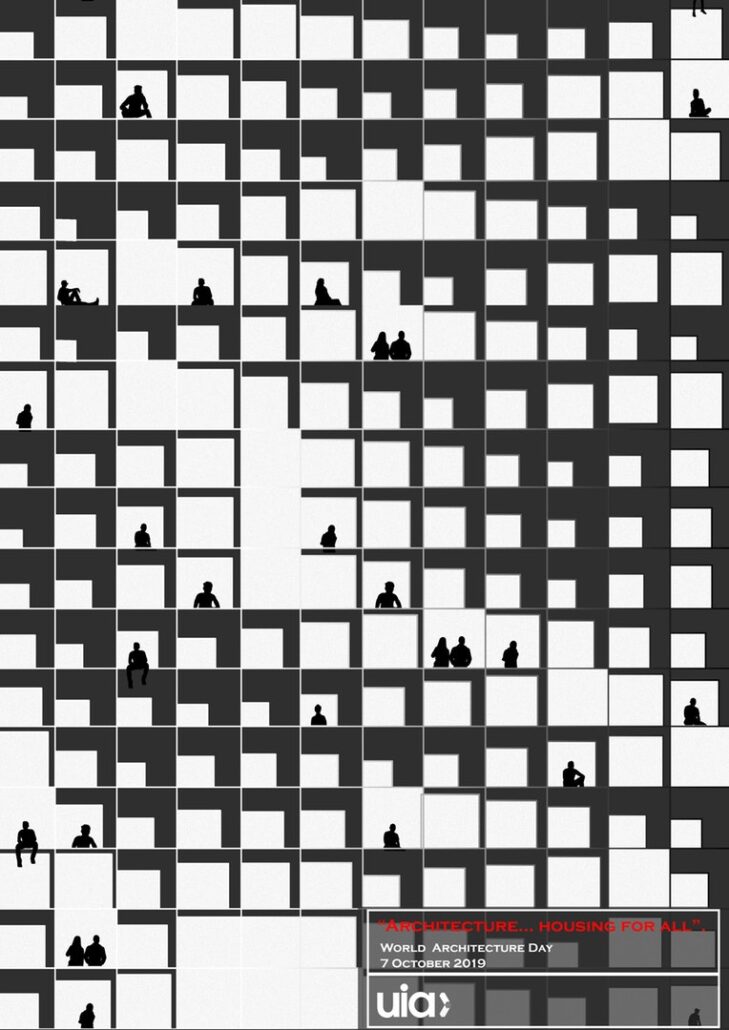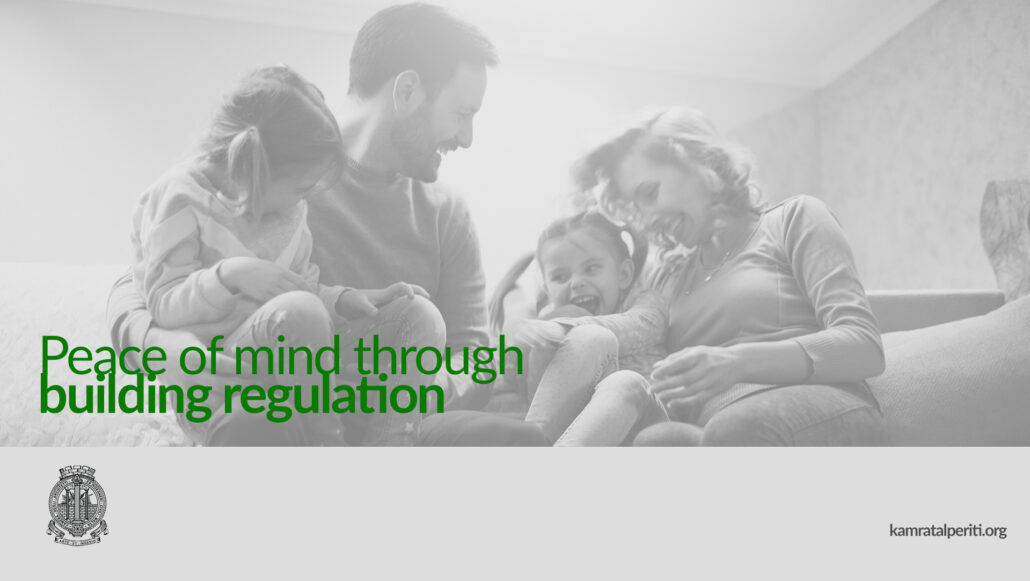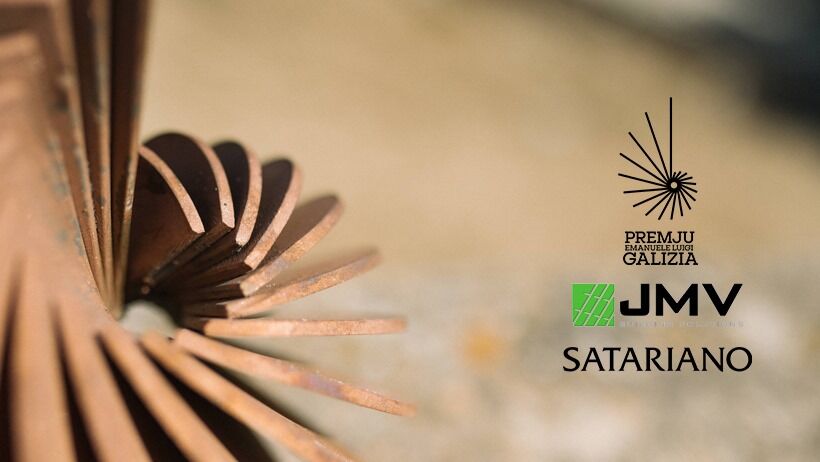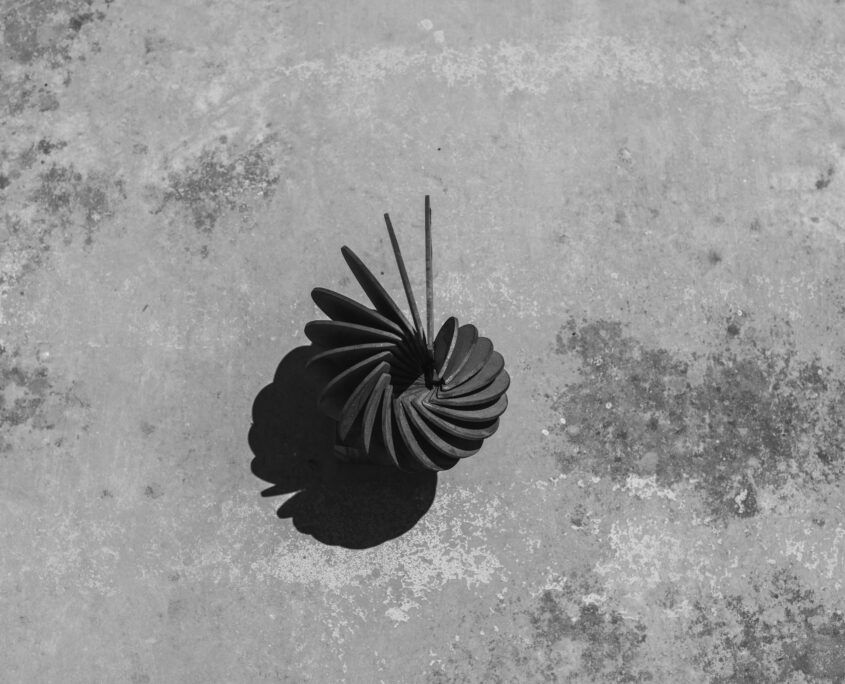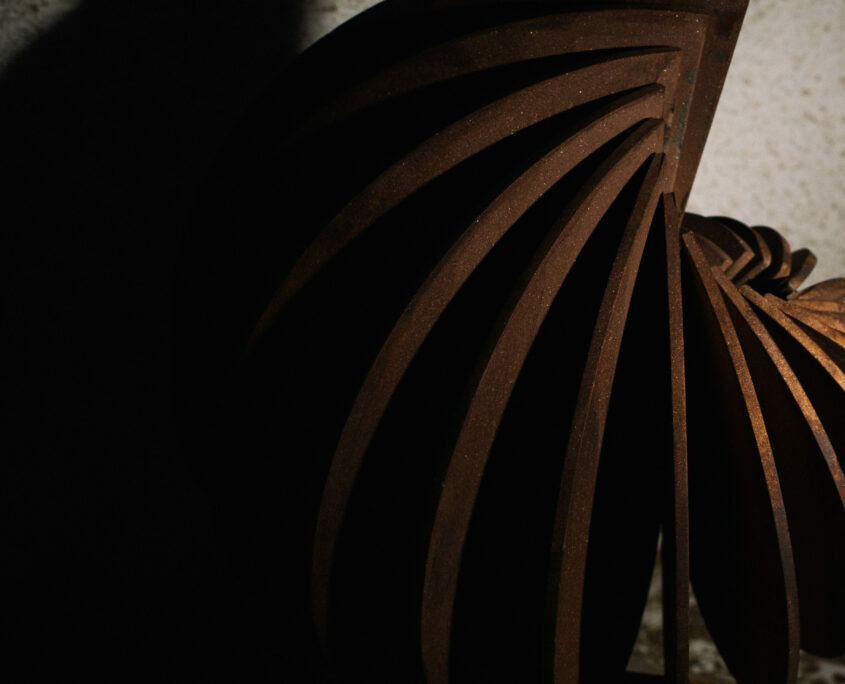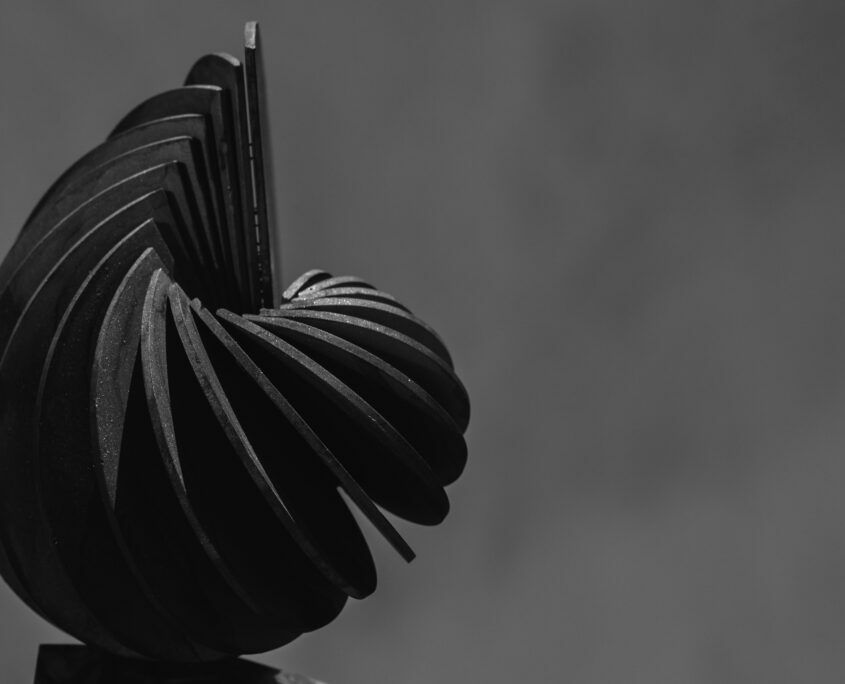PR 32/19 | ODZ is a misnomer
Just three weeks ago, the Planning Authority embarked on a ‘consultation’ process wherein it invited members of the public to comment on whether the scope of the current Rural Policy Design Guidance (RPDG 14) has had its intended effect. An effective consultation would require, as a basic premise, an understanding of the intent of those who drafted the original policy, and a thorough assessment of the actual effects of the current policy prepared by the Authority itself. In the absence of publicly available data and statistics this current consultation process is inherently flawed.
The three-week consultation period allowed makes a mockery of the term “public consultation”, especially when considering the vast implications that this policy has on our quality of life, and on the sensitivity of our natural environment. It is also unclear what this current consultation is attempting to achieve, since it appears to be more focussed on asking the public’s opinion on whether the RPDG has worked or not, and whether it should be aligned with the Strategic Plan for the Environment and Development (SPED) and the National Rural Development Programme, as though this were an option up for debate. It is therefore important that Phase 2 of the review process consists of the establishment of the overarching Objectives and Scope, and a consultation process undertaken on such Objectives and Scope, prior to delving into the detail of the Policy itself.
Nevertheless, a review of the RPDG (2014) is clearly urgent and needed; however, more benefit would be derived if the amended policy is aligned with an updated SPED, which is itself up for review within the next 12 months. The two processes must run in parallel, while maintaining the current premise of the SPED that the “Maltese landscape is a cultural landscape, and the surviving structures show its continued use, and are testimony of the country’s past”. A revised policy for our rural areas should base its principles on the realisation that our rural environment has an intrinsic value which exceeds its monetary worth at any one moment.
The term “Outside Development Zone” is a misnomer and should be abolished. It implies that no development activity may be carried out in such Zones, however it is a fact that legitimate development is necessary to maintain the character of our rural areas, and to accommodate uses that cannot be located within built-up areas. The construction of a rubble wall is development; the construction of a farm is development; the quarrying of rock is development; the dumping of waste is development.
Thus, rather than defining our territory in terms of “Development Zones” and “Outside Development Zones”, it is recommended to adopt two broad categories, namely Urban Areas and Rural Areas, in addition to the Coastal and Marine Areas. These should in turn be further classified to hone into more specific urban and rural typologies, allowing the formulation of more focussed policies which would recognise the distinctive characters, identities, and the activities taking place within such classifications (such as Countryside, Rural Conservation Areas, Agricultural Areas and Green Belts).
Villages and hamlets have for decades been designated as Urban Areas. This is incorrect. Villages form an integral part of rural landscape and identity. The urbanisation of rural settlements has brought about an exasperating urban sprawl, the effects of which can be witnessed through the out-of-control air pollution and exponentially problematic traffic generation.
Any type of development in the Rural Area should be of a design, quality and scale that respects the rural setting. The RPDG already requires that any “proposed development is of high quality rural design and must respect the rural context.” High quality contemporary architecture by its very nature should be responsive to its context, be it urban or rural. It would not otherwise be of high quality. Many of civilisation’s highest architectural achievements are found in natural contexts. The interplay between built and natural forms and materials provides for far more exhilarating cultural expression than false vernacular architecture. It is pertinent to point out that vernacular buildings were built at a time when rural construction was crafted by artisans making best use of locally available materials and tools to address the most basic needs of shelter and utility. They are indeed an important part of our cultural heritage and are best respected by not being mocked or falsified.
Furthermore, the Maltese Islands are in dire need of a Landscape Strategy for the Rural Area, which is site specific and which is studied to the extent that it takes a holistic view of this important asset which our country has, rather than adopting the all too common piecemeal approach which is entirely dependent on the whims of certain developers.
The positive effects that the natural environment has on addressing climate change, air and water quality, biodiversity, social well-being, and to national and local identity must be translated into effective planning policy. Our rural areas need to be safeguarded to ensure a sustainable future for our islands. The rural setting is as important, culturally, economically and socially as are our urban centres, our built cultural heritage, and our natural resources, and must be recognised and treated as such.

